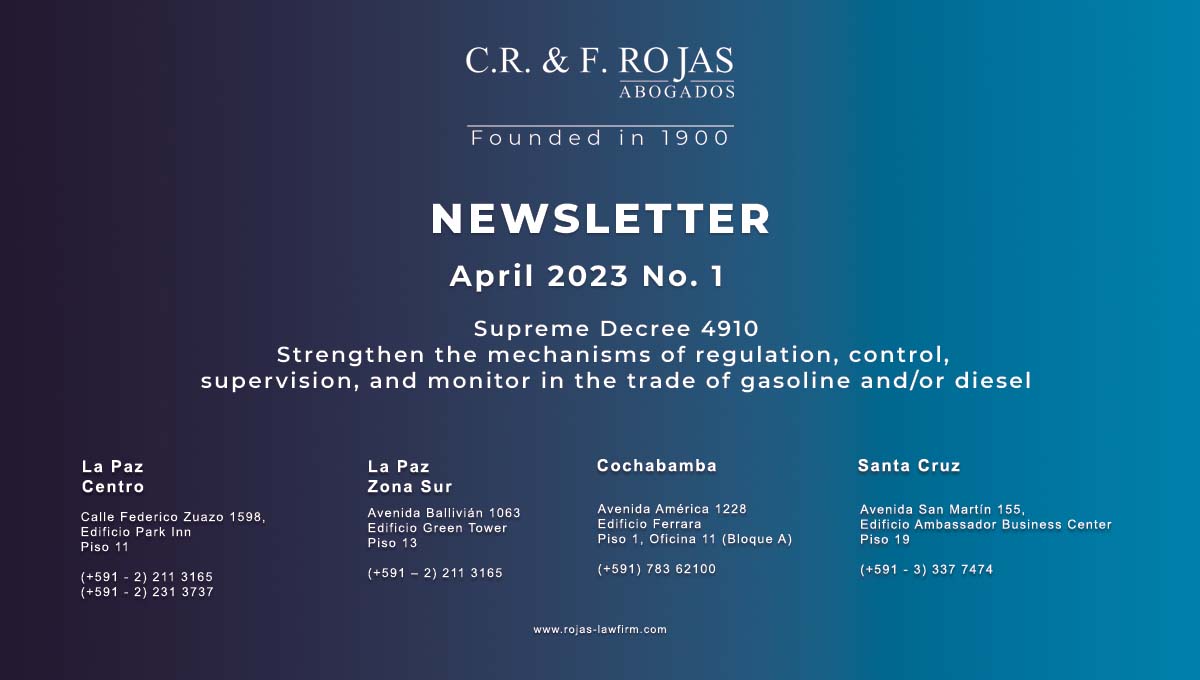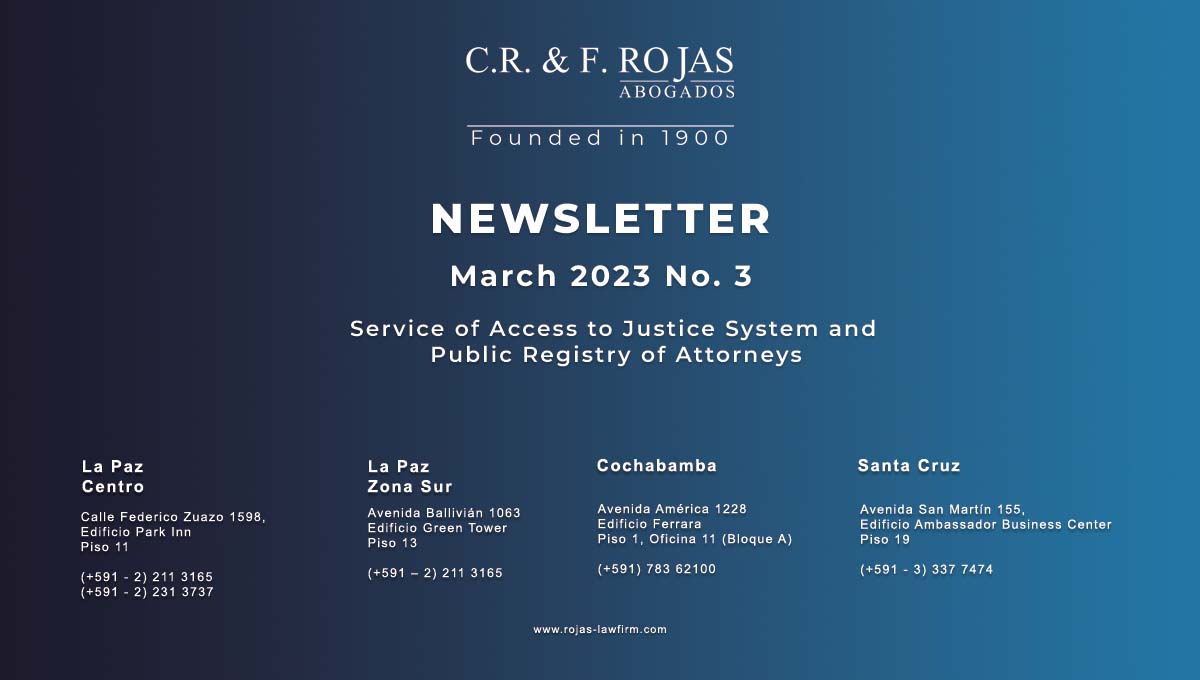Supreme Decree No. 4570
Special Working Conditions during the pandemic caused by the COVID-19
Purpose
On August 18, 2021, Supreme Decree 4570 (“Decree”) was passed, mainly aimed at ruling the application of Special Working Conditions (“SWC”), within labor relations and services for the public and private sectors, during the pandemic caused by the COVID-19.
Special Work Conditions
The Decree highlights as SWC, those modifications referred to the time or place for the performance of the work or service, which should not exceed the reasonable framework. These modifications should not imply an effect on the general conditions priorly stipulated, nor can they be determined as a sanction or intimidation mechanism.
The SWC apply to:
- a) New or existing labor relations, subject to the General Labor Law.
- b) Performance of new or existing services, subject to the application of the Public Official Statute Law.
- c) Performance of new or existing services, temporary personnel, and public individual line consultants.
It is important to note that SPCs do not apply to:
- a) Armed Forces,
- b) Bolivian Police,
- c) Health Services,
- d) Or others who, due to the nature of their work, must carry these out in the facilities set out by the employer.
Provided, that they are administrative personnel.
Work activities or services that allow SWCs to be carried out
The SWCs, include only activities that, due to their nature and characteristics, do allow it, and whether it fails to affect other areas or services performed by a private company or work establishment, or a public company or institution.
Under legal protection, the employee, public worker, temporary personnel, and public individual line consultants who carry out their work or services in any of the special conditions ruled by this Decree.
Access to the facilities of the company or entity
The employee, public worker, temporary personnel, and public individual line consultants, subject to the provisions of this Decree, are entitled to access the facilities of the company or work establishment and, in any case, the employer must guarantee their involvement in the collective activities carried out, except in cases of fortuitous or force majeure.
Tools and equipment
- a) If SWC are adopted, the employer may provide the equipment and/or tools necessary for their development.
- b) In the public sector, the allocation of equipment and tools must be carried out in accordance with the provisions established in the Basic Rules of the Goods and Services Administration System – NB-SABS and/or specific rules and regulations and internal regulations for each public company or institution.
- c) The employee, public worker, temporary personnel, and public individual line consultants shall be liable for the care and custody of the equipment and/or tools provided for the performance of their work; in case of loss or damage of the tools and equipment, they must cover the cost of repair or replacement.
Work types
SWC may be agreed in the following ways:
- a) Continuous: To be performed outside of the premises of the private company or labor establishment, or public company or institution, continuously on working days.
- b) Alternate: to be performed outside of the premises of the private company or work establishment, or public company or institution, alternating days and working hours.
As mentioned above, it is mandatory to acknowledge the current working day, the maximum working day limits, rest days and other rights that the employee or public worker, temporary personnel and public individual line consultants are entitled to.
Reversibility
When the employee, public worker, temporary personnel, and public individual line consultants, have been subject to the SWC, they must return to provide their services in person at the request of the employer, except in the following cases:
- a) Whether the work agreement had been permanently amended by an agreement between the parties towards the SWC.
- b) Whether by disposition of a competent authority, the in-person work is not feasible.
Confidentiality
The employee, public servant, temporary personnel, and public individual line consultants is liable for the custody and use of the information, information provided for the performance of the work, as well as the information generated during the application of the SWC.
Teleworking
The special condition of teleworking is one in which the work activity or performance of services are carried out in a remote manner using Information and Communication Technologies – ICTs or similar tools, to facilitate communication between the employer and the employee, public worker, temporary personnel, and public individual line consultants.
Teleworking characteristics
- a) The application of this special condition is voluntary, and to implement it, the parties must reach an agreement, which must be in writing, through suitable evidence mechanisms.
- b) Telework may be agreed as part of the initial work condition description or may be incorporated later.
- c) Teleworking does not affect or alter the essential conditions of the employment relationship.
- d) The application of this SWC may not violate the parties’ rights and does not in itself constitute grounds for termination of the employment relationship.
- e) Telework may be applied preferentially for people in vulnerable situations, over the age of sixty-five (65), pregnant women and people suffering chronic pathology, according to their activities and nature of their functions.
Impossibility of performance
- a) When the nature of the work being performed by the employee, public worker, temporary personnel, and public individual line consultants, prevents the adoption of teleworking, the employer may not apply the SWC.
- b) When the nature of the work performed prevents the adoption of the SWC, or the employee, public worker, temporary personnel, and public individual line consultant is prevented from performing their work due to facts or circumstances and not attributable to the work itself. Such issues must be immediately reported to the employer. If such circumstances are proven by the employer, this condition may not be used.
- c) The causes of impossibility of performance of telework provided in this Article, under no circumstances may be construed as grounds for termination of the employment relationship.
The employee, public worker, temporary personnel, and public individual line consultants, prevented form performing their tasks through telework, must immediately communicate the issue to the employer, duly justified.
Remote work
The special condition of remote work is one in which the work activity or service is performed totally or partially outside of the facilities or premises of the private company or labor establishment, or public company or institution, and without direct and immediate supervision of the employer.
Characteristics
- The application of this special condition is voluntary, and to implement it, the parties must reach an agreement, which must be in writing, using suitable evidence mechanisms.
- Remote work may be agreed as part of the initial work condition description or may be incorporated later.
- Remote work does not affect or alter the essential conditions of the employment relationship.
- Remote work cannot violate the parties’ rights and does not in itself constitute grounds for termination of the employment relationship.
- The parties must agree on the place where the employee, public worker, temporary personnel, and public individual line consultants, shall perform the work.
- The employer must implement a remote work shift control mechanism.
Control and supervision
The Ministry of Labor, Employment and Social Welfare, when it shows that the performance of the work activity in application of the SWC is detrimental or harmful to the rights of the employee, public worker, temporary personnel, and public individual line, will determine the corrective measures it deems appropriate, to remedy the rights that may be breached.
The Ministry of Labor, Employment and Social Welfare, within the framework of its powers and attributions, may undertake on-site verification of the appropriate application of the SWC.
Annul and repeal provisions
This Decree annuls Supreme Decree No. 4218, of April 14, 2020.
This Decree repeals subsections c), d) and e) of Paragraph II of Article 8 of Supreme Decree No. 4451, of January 13, 2021.
The acts, contracts or collective agreements issued, during the validity of Supreme Decree No. 4218, must comply with the provisions of this Supreme Decree.
Sergio Dávila
C.R. & F. ROJAS ABOGADOS
This article is not an analysis, it is a brief comment on the current legal norm in Bolivia.




